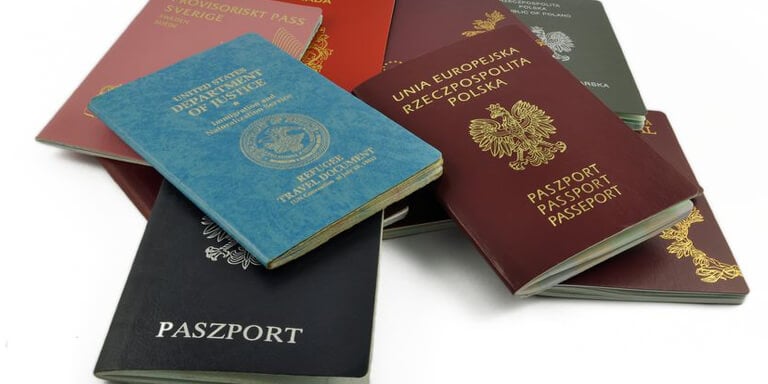
Legally speaking, a refugee is a person who is seeking asylum in a specific country because of a well-founded fear of prosecution in his or her home country. There are two types of refugee protection programs in Canada:
- The Refugee and Humanitarian Resettlement Program manages refugees seeking asylum in Canada who are currently outside the country.
- The In-Canada Asylum Program manages refugee protection claims from people who are already inside the country.
Having a criminal record can negatively impact your refugee status whether you are applying from either channel. Here are some important things to know about how a criminal record can affect your refugee status.
Refugee and Humanitarian Resettlement Program
For refugee claims made outside of Canada, the government selects and approves refugee protection claims based on referrals from the United Nations High Commissioner for Refugees (UNHCR) or private sponsorships groups. People who have obtained their refugee status through this channel are known as ‘resettled refugees’ and are granted permanent residency once they arrive in Canada.
A criminal record can have a negative impact on the permanent residency status of resettled refugees. Refugees with a criminal record can have their status removed and can be deported from Canada. Refugees with a criminal record are also more likely to have their applications for Canadian citizenship put on hold or denied.
In-Canada Asylum Program
In 2014, nearly 15,000 people came to Canada and then applied for refugee status from within the country. A criminal record can make it more difficult to gain refugee status for people seeking asylum from inside Canada. A criminal record may also make you ineligible to apply for refugee status from within the country.
Refugee status can be revoked because of a criminal record, and it could lead to deportation. If you applied for Canadian permanent residency, your application could be denied because of a criminal record.
Any kind of criminal record will complicate any application for refugee, permanent resident or citizenship status, even if there were no findings of guilt. The offense doesn’t have to be recent; anything on your criminal record can impact your status within Canada for years afterwards.
Even if you have lived in Canada as a refugee for many years or since childhood, the discovery of a criminal record can jeopardize your refugee status and lead to deportation. If your permanent residency application is part of a family application, your criminal record could jeopardize everyone’s application and could lead to the deportation of the entire family. Those who have been deported can apply to come back to Canada with proper sponsorship and written permission from the Minister of Citizenship and Immigration.
What Can I Do About My Criminal Record?
If you’re concerned about how a criminal record will affect your refugee status, find out if you qualify for a Canadian pardon. Getting a pardon (record suspension) is a helpful way to prevent your criminal record from negatively impact your refugee, permanent residency, or citizenship applications.
PAC’s Ongoing Service Commitment
Email [email protected]
Schedule a Call https://www.pardonapplications.ca/schedule-a-call/
My Account Dashboard https://dashboard.pardonapplications.ca/


